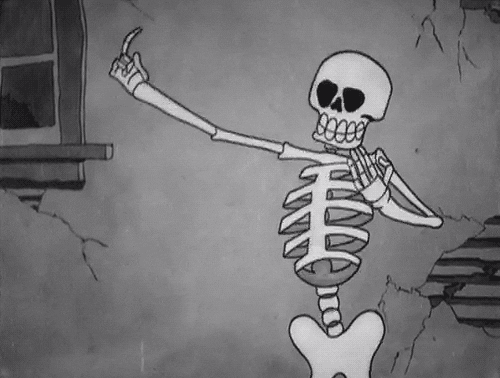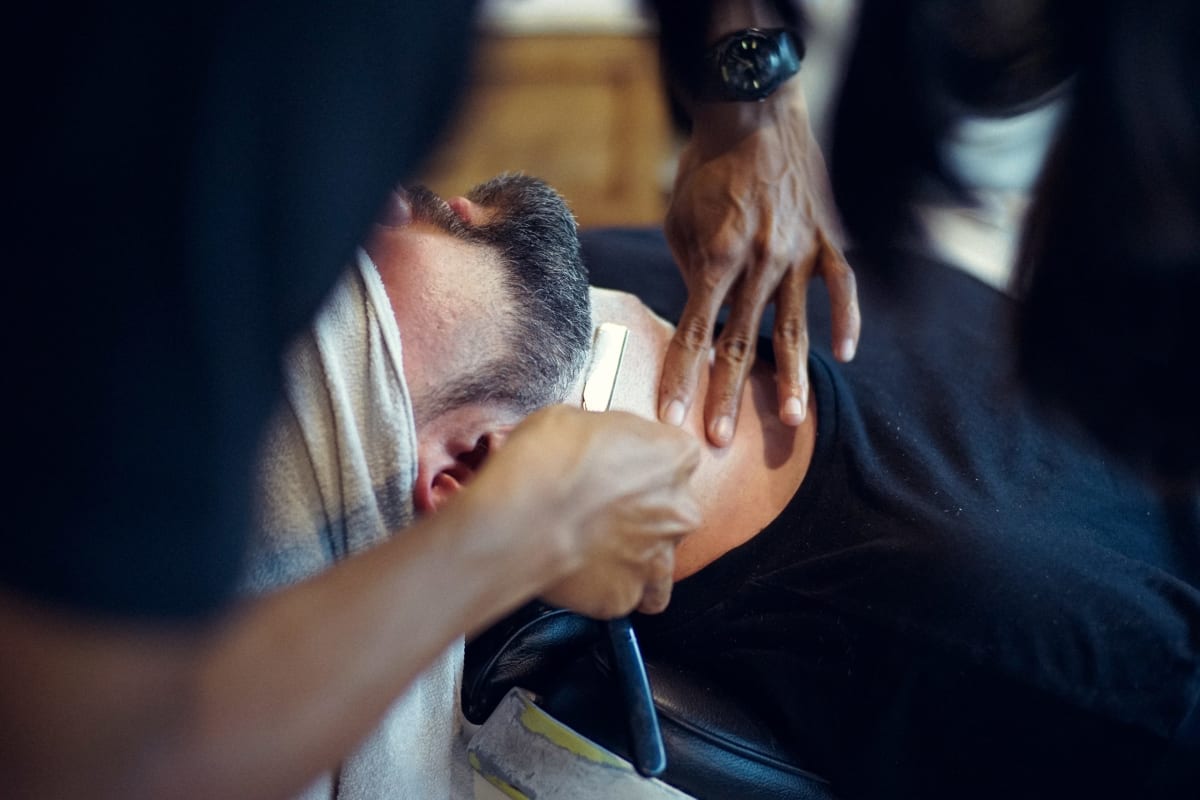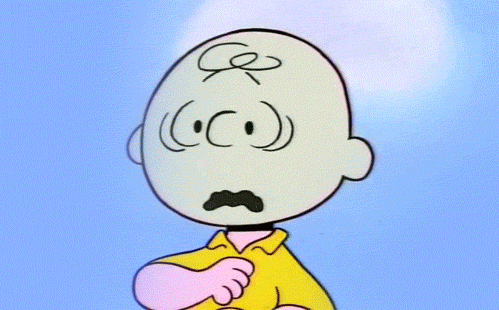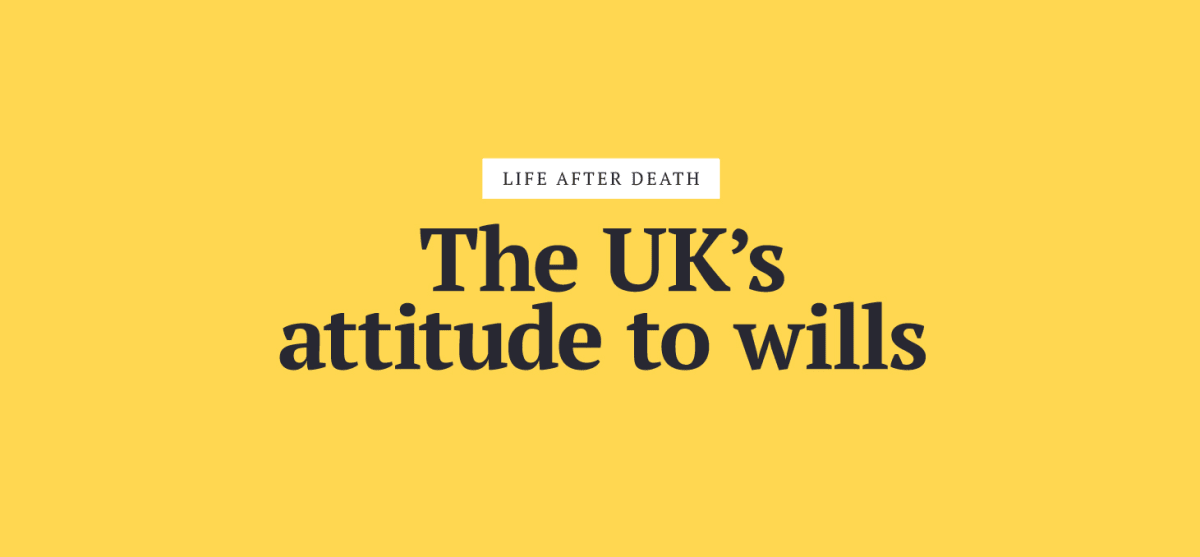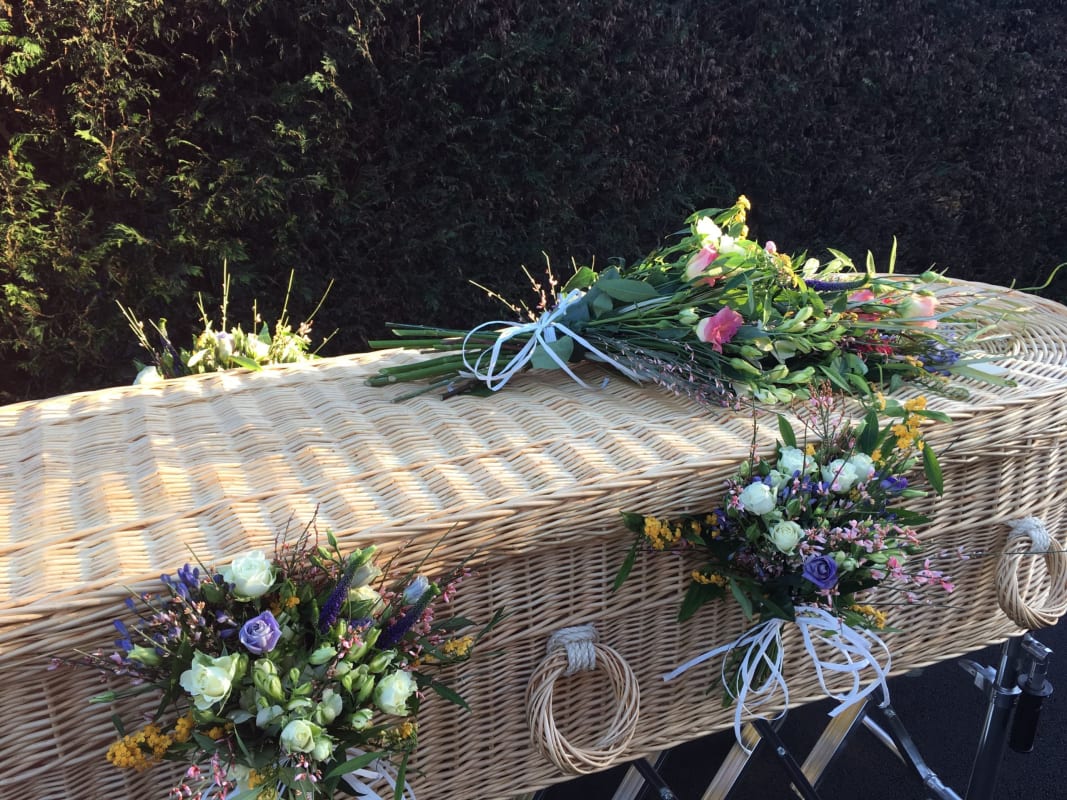
What makes a ‘good’ funeral?
Most people in the funeral profession have their own (usually quite personal) idea of what the answer to this question should be.
For the eco-minded funeral director, it’s often things like willow coffins and natural burials. Others pride themselves on their traditional horse-drawn carriages and excellent embalming. And there’s always the odd funeral director who seems to think it’s all about having a lot of cars (so many cars).
But what happens when we ask bereaved families what they think?
Dr Sarah Jones, funeral director at Open Circle Funerals and author of the excellent Funerals, Your Way, has just completed a study that did just that. A collaboration with Dr Julie Rugg from the University of York’s Cemetery Research Group, the research revealed the five key factors that matter to families most. We caught up with Sarah to find out more.
Hi Sarah! What inspired you to do this research?
Having started my working life in healthcare, I was ‘brought up’ to make sure that everything I did was based on evidence.
Once I began arranging funerals, I naturally wanted to take the same approach. So, I began looking at all the writing available on funerals. But what I found was mostly based on anecdote, opinion or the personal reflections of professionals. And even the more robust research made assumptions about what was important, without having asked bereaved people themselves. I thought we could do better.
What were you trying to find out through your research?
Ultimately, I’d like to understand whether a funeral has any impact on wellbeing at all. What difference does a ‘good’ funeral make?
But before we can look at that, we need to understand what a good funeral is. Which aspects of a funeral are most important to families? Only then can we establish if, when all these factors are in place, there is an impact on how bereaved people feel.
How did you conduct your research?
Dr Julie Rugg and I designed and co-lead the study with the University of York. We recruited participants using newspaper articles and social media and asked them open questions about their experience of arranging or attending a funeral. We spoke to more than 50 people. Meanwhile, we had ethical oversight from an advisory committee made up of industry experts.
People aren’t always comfortable talking about death. Was it hard to find participants?
Actually, no! We thought that it might be, but in the end we had to stop recruiting new participants once we had interviewed 53 people. People were surprisingly forthcoming, too: the average interview was around an hour and a half long. We gathered a huge amount of data from these ‘experts by experience’!
What did you find out?
Once our interviews were complete, Dr Rugg analysed them to understand what people consistently said mattered to them. The five themes that emerged were: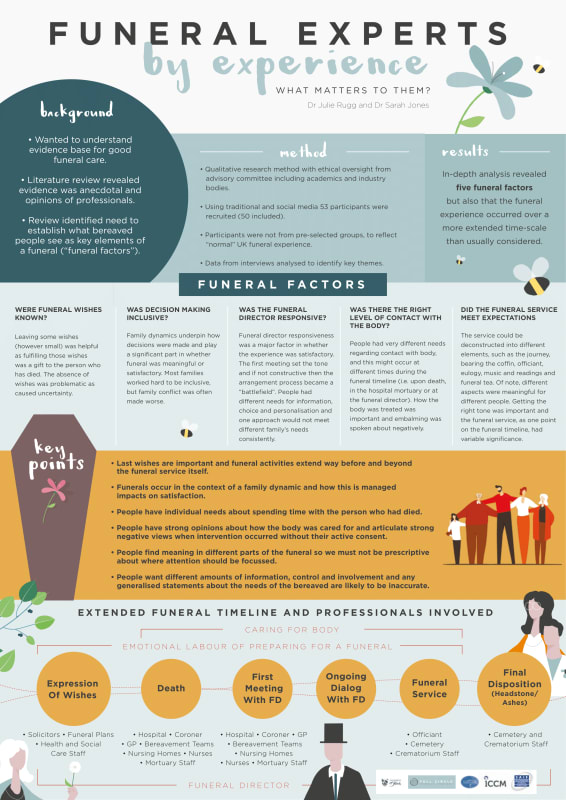
- Were funeral wishes known?
- Were decisions inclusive?
- Was the funeral director responsive?
- Was contact with the body helpful?
- Did the funeral event meet expectations?
Why did it matter if funeral wishes were known?
People spoke in detail about how meaningful it was to be able to fulfil funeral wishes after someone has died. If their wishes were unknown, it often meant that the family worried about whether they’d done the right thing. Interestingly, it didn’t seem to matter if the instructions were detailed or not. It was enough to just have some direction.
What does it mean that decisions were inclusive?
How well a family worked together to arrange the funeral had a significant impact on how satisfied they were with it. Most families seemed to try hard to manage this. But in some cases, people felt deliberately excluded from arrangements, or felt that their opinions were ignored. These people were the most dissatisfied with the funeral.
Any key takeaways for funeral directors?
First impressions count. People often commented on whether the funeral director had got the tone right straight off the bat – and this initial impression seemed to set the tone for the relationship.
One thing that might surprise funeral directors is that while some people wanted to be given a lot of personalisation, choice and control over the funeral, others did not.
Essentially, funeral directors need to have the emotional intelligence and skill to be able to understand and deliver the kind of support that each individual family wants and needs. There’s no one-size-fits-all option.
You mention contact with the body: do families want more, or less?
It varied. While some people found being with the body consoling, others didn’t need or want that contact at all. But time and again we heard that it was important. Contact with the body of the person who had died, at the right time, was a key talking point. It matters a great deal to many people.
What about embalming?
Not wanting to bias our interviewees, we didn’t ask any direct questions about embalming. But the people who raised it themselves did so in a negative way – citing various interventions which had occurred without their prior knowledge.
Did any of your findings really surprise you?
For me, one of the most striking findings was that different people found meaning in very different elements of the funeral.
For some people, this happened at the time of death. For others, it was the act of carrying the coffin, writing the eulogy or lovingly preparing the written service booklet. Some people found the choice of coffin or flowers important; others couldn’t even remember what had been chosen.
What would you like others to draw from your work?
Funeral services are under a lot of scrutiny at the moment. It’s the perfect time to reassess the kind of support we offer bereaved families. And there’s no denying that the people who shared their accounts with us really challenged some of the current thinking about funerals and what people want from a funeral director.
What I’d like this study to do is help people in the funeral profession benefit from the perspective of bereaved people. After all, we all want to offer the best possible support to the families who place their trust in us.
Want to find out more about the study? A full report can be downloaded for free here.

